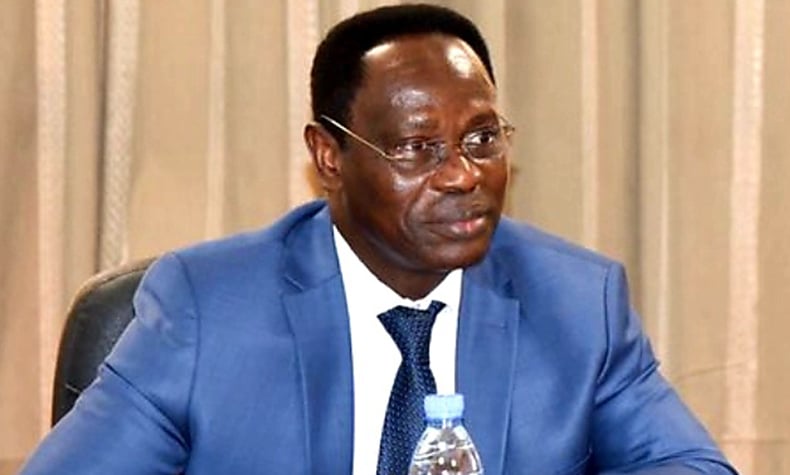
WE observe with admiration the groundbreaking signing of Letter of Intent between the Ministry of Health and Unmanned Aircraft System developers, USA-based Zipline International Inc. for the supply of Unmanned Aerial Vehicles or Remote Piloted Aerial Systems, popularly known as drones.
The drone, as the named suggests is unmanned and remotely-controlled to fly to a distant place to deliver things: letters, vaccines, examination papers, other important documents, to mention but a few, on a timely and reliable basis.
They cut all barriers from road transport: potholes and inaccessible locations. They can fly to "overseas" with ease and with dispatch.
The agreement will improve the capacity of the Ghana Health Service to timely deliver essential healthcare products like vaccines and blood smear to hospitals and other health institutions, especially in the remotest part of the country. This will surely enhance Universal Health Coverage!
This is a major outcome of the Vice President's trip to the Silicon Valley to woo investment into technology and innovations space to drive the economic development in the country.
We have learnt that the Navrongo Health Research Centre in the Upper East Region tried to pilot the drone system in their research endeavours but hit a snag as a result of lack of funding, We hope that this agreement would open the window of opportunity for Navrongo Health Research Centre, to take advantage to enhance their research activities.
Indeed, using of drones to deliver essential services is not a luxury for which the initial the capital outlay should scare us; it is a necessity, no matter the cost implication. Drones have been used elsewhere to deliver essential service to save lives.
There are some laboratory equipment and products that cannot be transported by road because of dust and the bumpy nature of some roads in rural communities, drones can be the alternative transport in moving the drugs into those areas.
It is welcoming news that the Ghana Civil Aviation Authority is taking the necessary measures to establish aviation routes for the drones to avoid collision with the traditional aircraft.
We call for effective engagement and public education of stakeholders including chiefs and opinion leaders in the remote and rural communities where these drones would be flying to, for them to understand and live with the drones.
In addition, work must be expedited for the realisation of the deployment of the drones for the delivery of other essential products and services to enhance prompt service delivery in the country.
Drones have a limit of the products that they carry and the distance they fly, but suffice a lot of them can be deployed across the country to perform essential duties in several areas at the same time.
While we commend this landmark achievement in the health sector, though yet to be realised, we want to add that it must not stop there. We must revisit our quest for integration of air ambulance and fire fighting helicopters to enhance service delivery in the country.
The pain victims of road crashes and seriously-ill persons go through when they have to be transported by road and even by aircraft which do not have life-saving devices, to referral hospitals for emergency care is a major concern to us and we urge the government to add onto the drones, air ambulances and other equipment to save lives.
Read Full Story

















Facebook
Twitter
Pinterest
Instagram
Google+
YouTube
LinkedIn
RSS